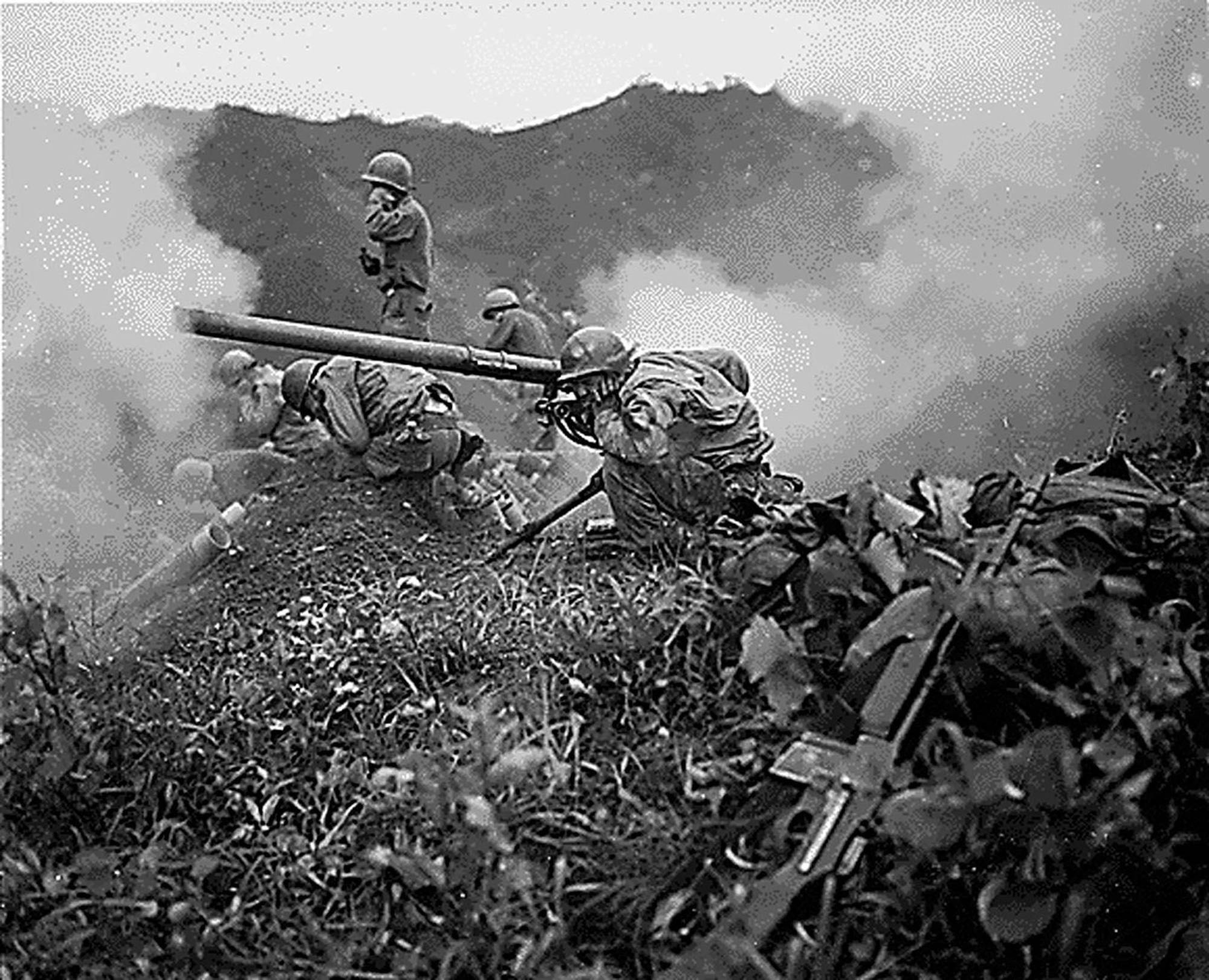Does momentum matter in global affairs? If one country falls to hostile forces, will others follow?
The domino theory — the idea that setbacks can accumulate quickly and catastrophically — is one of the most controversial ideas in U.S. foreign policy. It guided a half-century of statecraft during the Cold War, only to be rejected by many historians of that conflict. But the anniversary of the Korean War, which began 70 years ago on June 25, 1950, reminds us that the domino theory was rooted in key realities of international affairs. And it alerts us that domino dynamics could affect U.S.-China competition today.



















With your current subscription plan you can comment on stories. However, before writing your first comment, please create a display name in the Profile section of your subscriber account page.